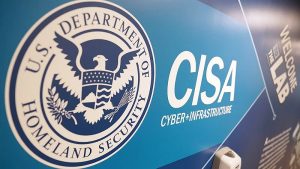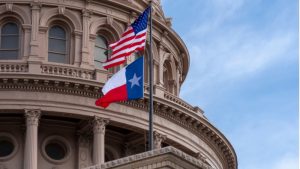Boston University (BU) announced that it has formed an AI Task Force that will asses both the benefits and drawbacks of generative artificial intelligence, as well as define pathways for the use of the technology on campus.
Both teachers and administrators agree that education technology is key to improving the classroom, according to a new survey from edtech platform Clever.
The Alabama Community College System (ACCS) has selected a new learning management system (LMS) as part of a statewide initiative to transform and modernize its learning experience and increase student success.
The Cybersecurity and Infrastructure Security Agency (CISA) is adding new cybersecurity micro-challenges to its Cyber Careers Pathway Tool, which will give people interested in a career in cybersecurity the ability to interactively explore career pathways.
As artificial intelligence (AI) technology is seeing an explosion in interest and use cases in government, the governors of Pennsylvania and Virginia last week issued executive orders that aim to create baselines of policy for development of generative AI applications.
With wildfire season underway, the Washington State Department of Natural Resources (DNR) is turning to advanced AI technology to gain actionable intelligence to attack wildfires.
The Texas Department of Public Safety (DPS) has tapped Mission Critical Partners (MCP) to help the agency overhaul the state’s criminal justice information systems and operations.
Although the Federal government has numerous programs in place to provide financial support to aid the deployment of high-speed broadband to unserved areas, industry experts told members of Congress on Thursday that they’re not getting the “biggest bang for the buck.”
State organizations are often confusing labyrinths – and difficult for laymen and even policy wonks to clearly understand – but in the case of Oregon state government IT functions the line of responsibility is clear with state Chief Information Officer (CIO) Terrence Woods reporting directly into Gov. Tina Koteck as a member of her cabinet.
Following up on efforts that began in May of this year, the General Services Administration (GSA) and Department of Labor (DoL) have expanded their partnership to now offer all states the opportunity to use Login.gov to help improve access, decrease fraud, and increase security in the delivery of unemployment insurance (UI) benefits.













